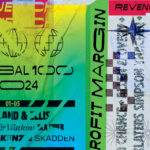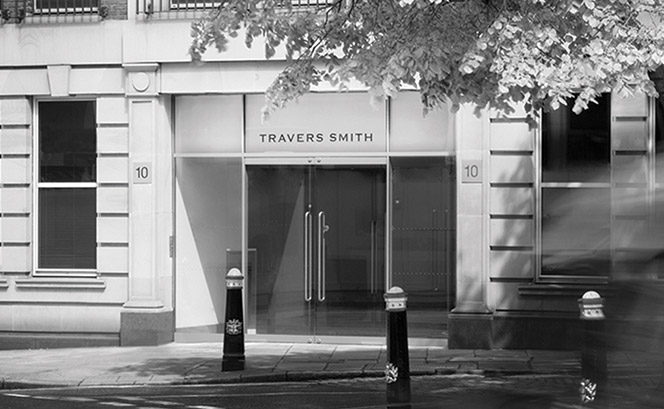
The customer is always right – which firms do clients rate most highly?
The data doesn’t lie – it’s been a good year for the Global 100. Eighty-eight of the world’s largest firms…

The data doesn’t lie – it’s been a good year for the Global 100. Eighty-eight of the world’s largest firms…

‘The next revolution in the market will be clients waking up to the fact that chargeout rates go up so much…

‘Challenging market conditions’ – a quick search of the LB news archives finds that phrase, or some variation of it,…

‘I don’t believe there is such a thing as an ESG lawyer’ – the words of one environmental, social and…

The easy narrative is that the party is over. After years of rapid expansion by international law firms in London,…

Awards season. It should be viewed as a time of joy and anticipation, when law firms clamour to showcase their…

It has long been a peccadillo of business publishers to measure financial performance in five-year increments and for this, our…

A glance at our Legal Business 100 table this year shows the post-Covid, frothy corporate market conditions have finally come…

‘Paul Weiss hasn’t got enough partners in London for doubles ping pong!’ scoffed a senior source at the beginning of…

‘In the event of a recession, the lawyers will be fine. They always are. Unless you work at Ince.’ Reflecting…

Looking at the recent wave of departures from Travers Smith brings to mind fears expressed by peers when we last…

It is a treacherous business, making market predictions for the year ahead. Too conservative and the pundit is guilty of…

‘I don’t think you will get any of the City firms to talk about this sort of thing… You have?…

‘In the event of a recession, the lawyers will be fine. They always are. Unless you work at Ince.’ So…

As we publish Legal Business’ second ESG report, the words years ago of a male partner at a Magic Circle…

That one of the chief concerns among law firm leaders in Legal Business’ annual Global London report is the retention…

When we first launched our Euro Elite report in 2016, much of the narrative was that the future of the…

The words of BT Legal’s Leeanne Whaley, in ‘Held to account’, particularly stand out in this issue: ‘We spend a…

This month’s issue of Legal Business may be dedicated to the largest firms in the UK by revenue but sibling…

Law firms spend big money making sure they have the best junior lawyers. A newly qualified lawyer at a Magic…